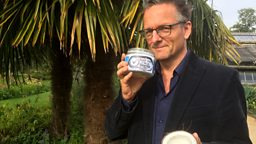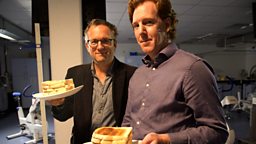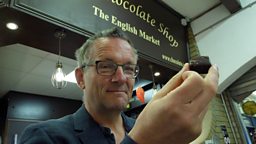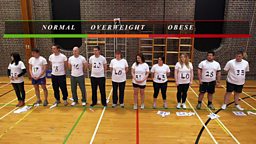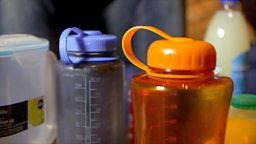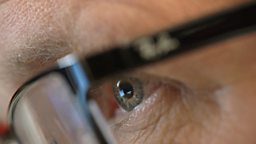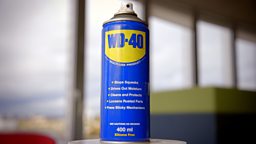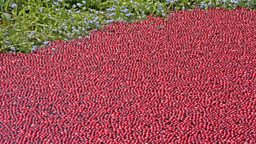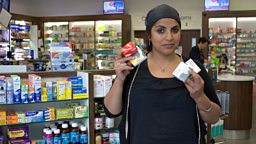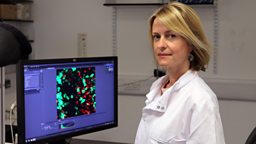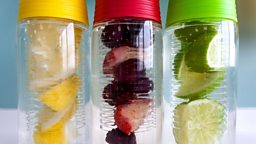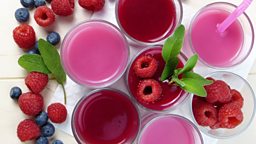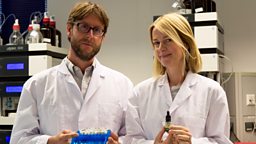Can my choice of drink protect me from what I eat?
In recent years, a number of headlines have claimed that drinking certain drinks with a less-than-healthy meal can protect our blood vessels from harm. But is this true?
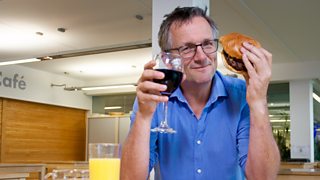
When we eat food, our body needs to break down the carbohydrates and fats in our blood to get hold of the energy. In doing so, we produce substances called free radicals – these are oxygen-containing molecules with an uneven number of electrons which means they react easily with other molecules. These substances can cause lots of different chemical reactions in our bodies and an abundance of them leads to a condition called oxidative stress. Oxidative stress has been linked to a whole host of diseases from cancer to cardiovascular and neurodegenerative diseases.
One immediate, albeit temporary, effect of these free radicals on our bodies is that they can place our blood vessels under stress. They become less flexible, as the cells that line our blood vessels respond to food-derived fats and sugars circulating in the blood, and they become more susceptible to the build-up of cholesterol that can lead to heart disease. Short term changes to our blood vessels after a meal are normal and usually last for several hours. However, if we repeatedly have unhealthy foods, this repeated strain on our vessels could increase our risk of developing cardiovascular diseases.
We wanted to test a particular set of claims – that combining unhealthy meals with drinks containing antioxidants (such as red wine, orange juice and green tea) can counteract these free radicals and protect our blood vessels from temporary damage.
The Experiment
We teamed up with from the Division of Biomedical Sciences at the University of the Highlands and Islands in Inverness. We recruited a group of healthy volunteers aged between 50 and 65, with a BMI of between 25 and 30 and no history of cardiovascular disease or diabetes. On four separate occasions they ate an unhealthy meal and each time they were randomly assigned a different drink: red wine, orange juice, green tea or water as a control. We measured the antioxidant potential of each of these drinks and found that wine had three times the amount of antioxidant capacity as orange juice or green tea. Water had none.
We took blood samples before our volunteers ate, and again two hours after, to measure a particular form of cholesterol influenced by free radicals called oxidised cholesterol (ox-LDL). This is involved in the build-up of fat in our blood vessels that can lead to blockages. We also measured the flexibility of the volunteers’ blood vessels using a technique called flow mediated dilation – FMD.
The Results
When we looked at the impact of the high-fat meal on the flexibility of our volunteers’ arteries we found that flexibility was reduced by about 30% two hours after eating.
However, in our tests none of the drinks prevented this reduction in flexibility; if anything, orange juice seemed to make the volunteers’ blood vessels even less flexible. While this would need to be confirmed in a larger study, Ian believes the effect could be due to the naturally-occurring sugar in orange juice, which can also produce free radicals when used to make energy. His team are very keen to further investigate the impact of blood sugar levels on blood vessel flexibility, particularly in people with diabetes, who are at increased risk of heart attack.
When we looked at the blood samples, we also found that none of the drinks resulted in a reduction in our volunteers’ levels of oxidised cholesterol.
What does all this mean?
Sadly, our study suggests that simply having an antioxidant drink with dinner is unlikely to undo the short-term damage caused by an unhealthy meal!
The idea that antioxidants are good for us has come from population studies that have found that people who eat diets containing high levels of them are generally healthier. However, these diets also tend to contain lots of fruits, vegetables, and grain, so it’s likely that the whole lifestyle is responsible for this good health, not the antioxidants alone.
Other studies have been done that suggest that foods that are high in a form of antioxidants called polyphenols can confer health benefits; however many laboratory studies looking at polyphenols have been using very high doses which would be difficult to replicate through diet alone. It’s also unclear whether the benefits seen in studies like this come from the antioxidants alone, or whether other components in the foods and drinks are playing a role. In large studies where people have been provided with antioxidant supplements, there has been no evidence that the supplementation improves cardiovascular health.
Our tests are a reminder that it’s best not to consider a single food or drink as a magic bullet – rather try to eat a varied diet high in fruit, vegetables, whole grains, fish and nuts, and lower in red meat and dairy.





















